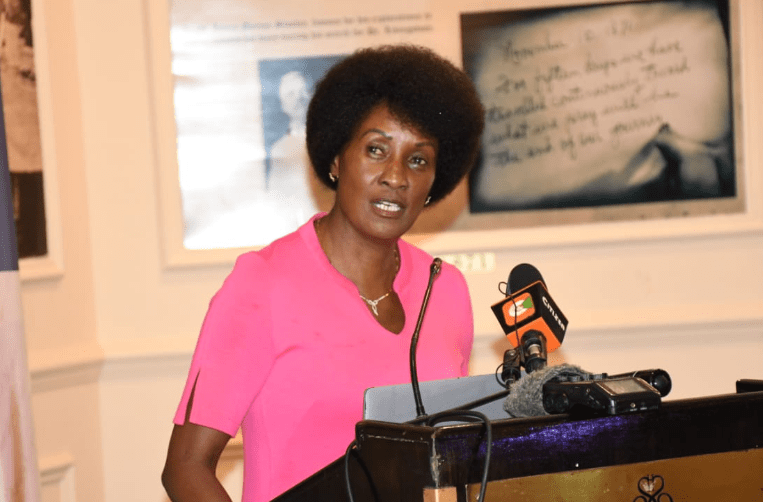Why we need to be cautious in debating abductions

The current media frenzy surrounding alleged abductions in Kenya has become a dangerous spectacle. While there is no denying the importance of holding authorities accountable for public safety, the sheer recklessness with which these allegations are being discussed in public forums threatens to erode trust in due process, sow panic, and undermine genuine efforts to resolve security issues.
Kenyans must resist the urge to “feed the trolls” – to participate in the spread of fear, misinformation, and political grandstanding – lest we create a self-perpetuating cycle of chaos.
Over the past few months, media outlets and social media platforms have been awash with reports of abductions across the country. Some accounts are detailed and harrowing, while others remain vague and unverifiable.
Unfortunately, the coverage has often been more about sensation than substance. Anchors deliver unconfirmed reports with dramatic flair, social media influencers amplify hearsay for clicks, and opportunistic politicians weaponise the issue to settle scores with rivals. In the absence of verified evidence, speculation fills the void – and the truth becomes collateral damage.
As Kenyans, we have seen this play out before. Remember the wave of “fake kidnappings” that gripped the country in previous years? Incidents where individuals staged their own disappearances for personal gain or drama proved that not all cases are as they appear.
Without diminishing the gravity of real crimes, it is imperative to separate fact from fiction. Unfortunately, this task becomes nearly impossible when the public feeds into hysteria.
The phrase “don’t feed the trolls” originated on the internet, referring to the act of ignoring provocateurs who seek to derail conversations with inflammatory comments. In this context, the “trolls” are the actors deliberately amplifying or fabricating abduction stories for personal or political agendas. When we, as citizens, react with outrage, share unverified accounts, or spread fear-mongering narratives, we inadvertently play into their hands.
Social media has become the primary arena where this dangerous game is being played. One viral post can cause an avalanche of speculation, with users sharing, commenting, and “investigating” based on scant details.
The algorithms reward this frenzy, ensuring that the most sensational – not the most accurate – content dominates timelines. This creates a toxic feedback loop: the more we react, the more the trolls thrive, and the harder it becomes to discern truth from fiction.
By indulging in this collective panic, we risk trivialising the suffering of genuine victims of abductions and insecurity. Every false report drains resources from law enforcement agencies that could be used to investigate real cases.
Worse still, sensationalism breeds cynicism: when one too many stories are proven false, the public begins to doubt all reports, including legitimate ones. This erodes trust in victims, in the media, and in the institutions tasked with protecting us.
Consider also the psychological toll on the nation. Constant exposure to reports of abductions, without clarity or closure, creates a climate of fear and suspicion. Parents become paranoid, children grow anxious, and communities fracture as trust erodes. This is not the Kenya we want to live in.
The media has a sacred duty to inform the public responsibly, especially on matters as sensitive as abductions. Yet, many outlets have abdicated this responsibility in favor of sensational headlines and dramatic soundbites.
In their rush to break the story, they often prioritise speed over accuracy, relying on unverified sources and failing to follow up with thorough investigations.
It is time for the media to self-regulate and reclaim its role as a watchdog for truth.
Of course, the government cannot escape scrutiny in this matter. Public safety is its foremost duty, and it must address the abduction allegations swiftly and transparently. Silence, denial, or deflection only fuels suspicion and conspiracy theories. Kenyans deserve regular updates on investigations, assurances of accountability, and concrete measures to prevent future incidents.
— The writer is a Communication Consultant











